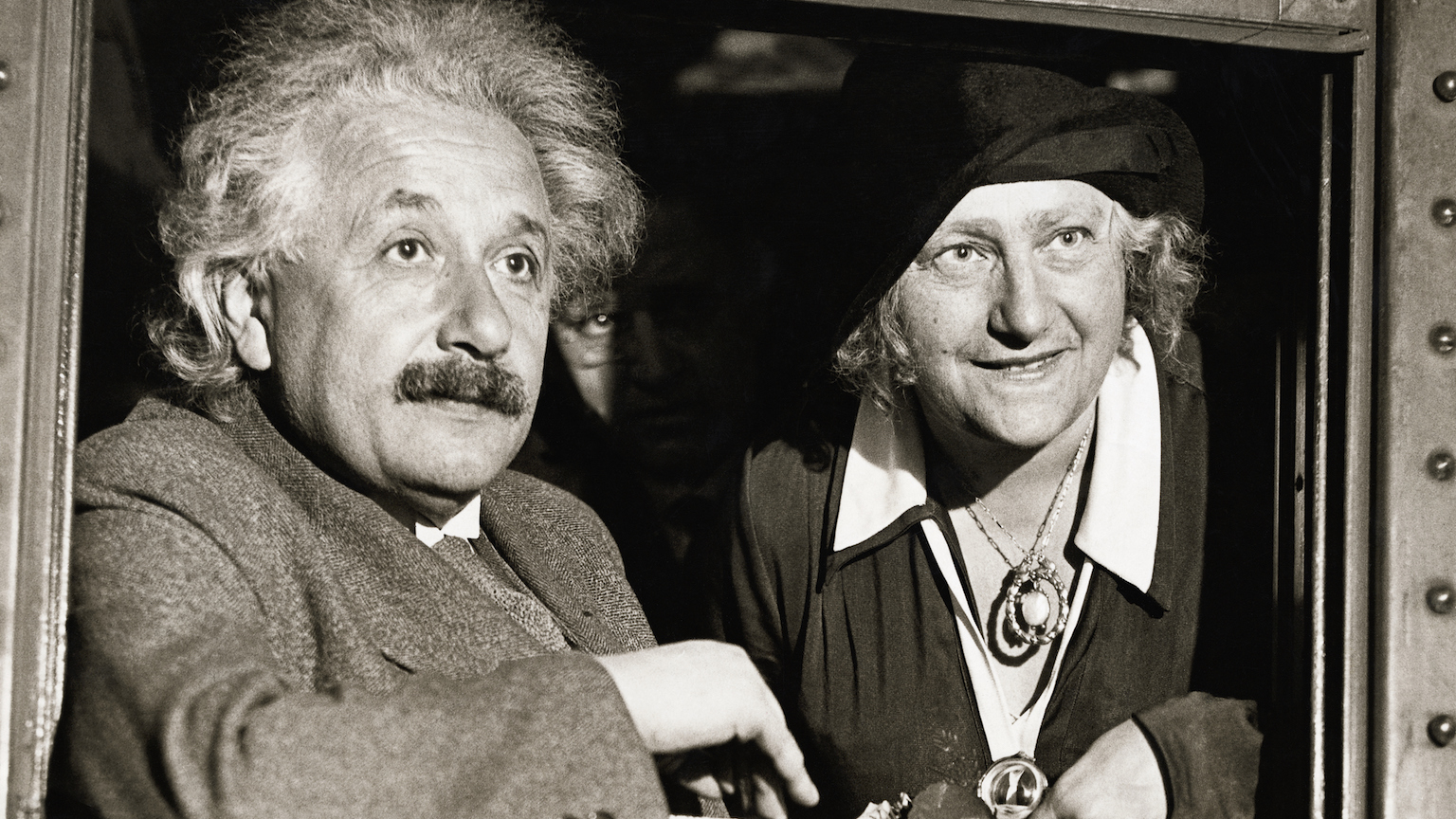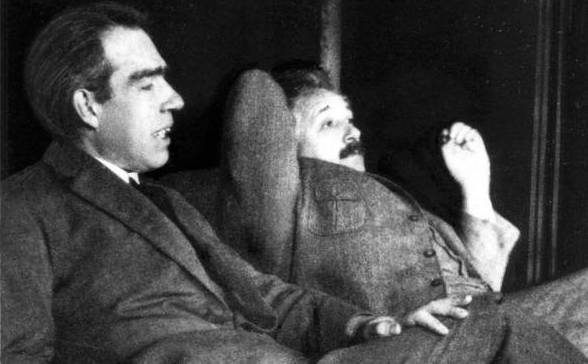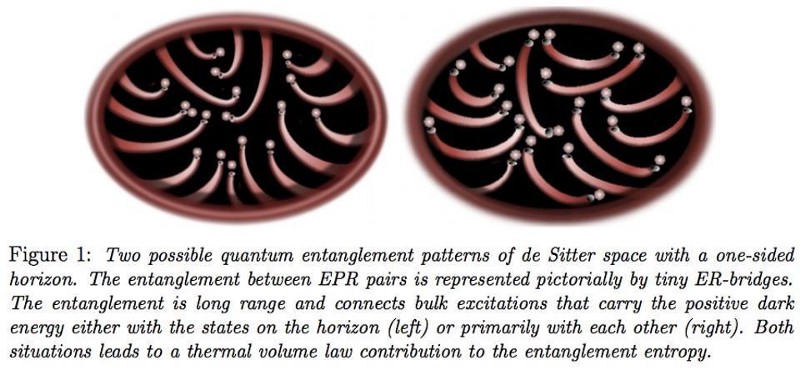Albert Who? Even Einstein had major critics

- Albert Einstein’s theories of special and general relativity are today widely accepted, but when he first outlined them, there was fierce opposition.
- One critic claimed that Einstein was attempting to subvert the scientific method, pushing a theory without first properly testing it.
- Over time, relativity grew entrenched as confirming evidence accrued and its detractors passed away.
Today, Albert Einstein‘s theories of general and special relativity constitute the bedrock of physics. The speed of light in a vacuum is constant, and gravity is the curvature of spacetime caused by massive objects. We accept these fundamental tenets because they have stood up to more than a century of experiment. But when Einstein proffered these notions in 1905 and 1915, the reception wasn’t nearly as warm as you might expect.
After all, Isaac Newton’s law of universal gravitation had stood firm for more than 200 years, and the upstart Einstein sought to supersede it! Moreover, many physicists and astronomers were still beholden to the idea of luminiferous aether, an invisible and infinite material that they thought allowed light to propagate through space. Dislodging these scientific mainstays would not be easy.
Einstein’s biggest critics
Two scientists in particular attempted to stymie the rise of Einstein’s theories. One of them was Charles Lane Poor, an esteemed astronomer and professor of celestial mechanics at Columbia University. When he first read about relativity, he reportedly quipped, “I feel as if I had been wandering with Alice in Wonderland and had tea with the Mad Hatter.” Poor went on to write numerous books directly attacking general relativity, including Gravitation versus Relativity, What Einstein Really Did, and the aptly titled Is Einstein Wrong? A Debate. In Gravitation, he was absolutely scathing:
“The Relativity Theory, as announced by Einstein, shatters our fundamental ideas in regard to space and time, destroys the basis upon which has been built the entire edifice of modern science, and substitutes a nebulous conception of varying standards and shifting unrealities. And this radical, this destroying theory has been accepted as lightly and as easily as one accepts a correction to the estimated height of a mountain in Asia, or to the source of a river in equatorial Africa.”
In Poor’s view, Einstein was attempting to subvert the scientific method, pushing a theory without first properly testing it. Thus, he spent much of his career delivering the skeptical scrutiny he thought the bold theory deserved.
In Poor’s view, Einstein was attempting to subvert the scientific method, pushing a theory without first properly testing it.
The second scientist who spent a great deal of time attacking relativity was Ernst Gehrcke, director of the optical department at the Reich Physical and Technical Institute and a professor at the University of Berlin in Germany. Gehrcke, an aether devotee, penned numerous scientific papers challenging special relativity. In 1920, he took part in an event organized by the anti-semitic Working Group of German Natural Scientists for the Preservation of Pure Science and gave two lectures challenging Einstein’s ideas. Einstein attended and politely watched Gehrcke spout his criticisms. Later, the two scientists would intellectually (and cordially) spar in a public debate about relativity at the 86th meeting of the German Society of Scientists and Physicians.
Everyone’s a theoretical physicist
Einstein also had to deal with criticisms from outside the scientific community that at some times seemed to come from all angles. You see, Einstein’s theories made him a superstar with the public and sparked something of a theoretical physics craze. Because relativity was so hard to comprehend and seemed so fantastical, laypersons thought they could come up with their own theories and strike it famous by proving Einstein wrong. All of these pie-in-the-sky proposals were positively addled.
“This world is a strange madhouse,” Einstein wrote in a letter to his close friend, the mathematician Marcel Grossmann. “Every coachman and every waiter is debating whether relativity theory is correct.”
Many of these cranks’ criticisms were summarized in a 1931 book, Hundred Authors against Einstein, which was filled with specious arguments utilizing faulty logic, armchair philosophy, and even accusations of plagiarism. “No one thoroughly applied the scientific method,” Manfred Cuntz , a professor of physics at the University of Texas at Arlington, wrote in 2020.
When the book originally came out, German astronomer Albert von Brunn defended Einstein. “This is the work of over-zealous but less well-informed enthusiasts… who have made serious tactical errors and gross blunders.”
Understanding that science ultimately comes down to evidence, Einstein dismissed the work. “It would not have required one hundred authors to prove me wrong; one would have been enough,” he said.
Don’t worry, critics eventually die
Eminent theoretical physicist, Max Planck, winner of the 1918 Nobel Prize in Physics and a supporter of Einstein’s theories, would always reassure the younger physicist throughout the hailstorm of criticism, at one point candidly writing, “A new scientific truth does not triumph by convincing its opponents and making them see the light, but rather because the opponents eventually die and a new generation grows up that is familiar with it.”
Today, the world is indeed familiar with relativity.




